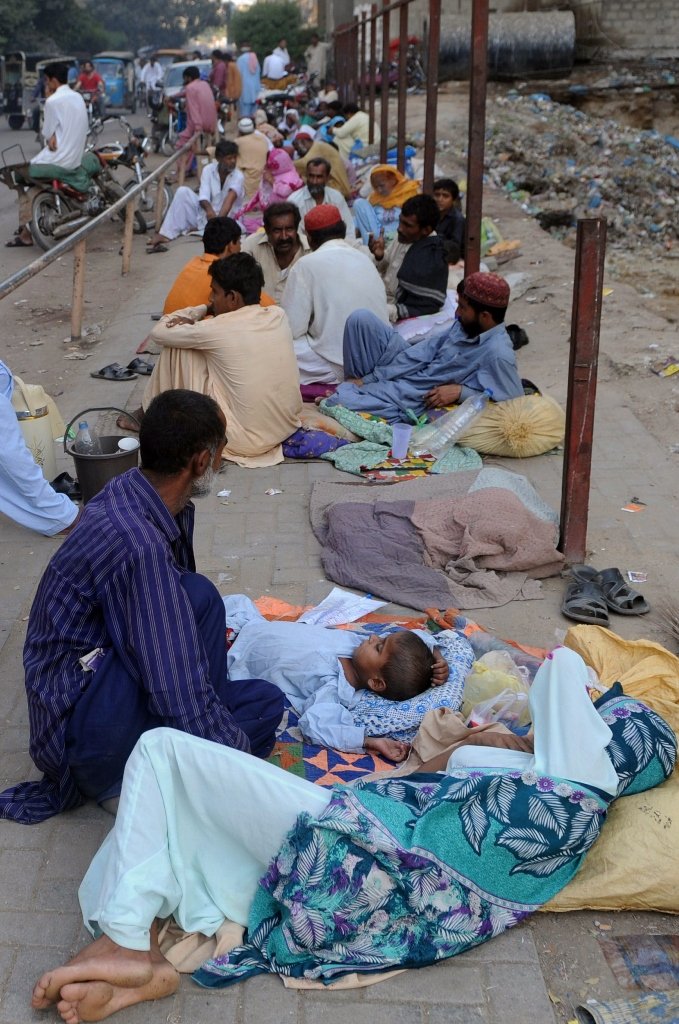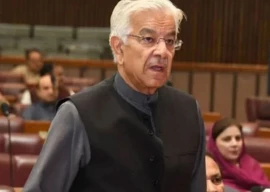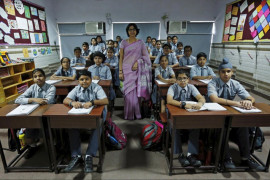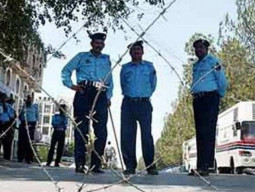
The panel of speakers included Dr Riaz Ahmed Shaikh, the head of social sciences at the Shaheed Zulfikar Ali Bhutto Institute of Science and Technology, Justice (retd) Majida Rizvi, chairperson of Sindh Human Rights Commission, and Zulfiqar Shah, the joint director at Piler.

“Almost one quarter of the world’s population — about 1.6 billion people — live in South Asia and more than 40 per cent of the world’s poor, 50 per cent of the world’s illiterate and 260 million discriminated people live in this region,” said Shah.
“Even in such poverty, the biggest agriculture system is in this part of the world,” Sheikh said. “Food crops have been changed into cash crops and farmers don’t get things to eat, which results into suicides.”
SAAPE is a regional platform of civil society organisation and it has been compiling the South Asian Poverty Report since 2003. This is the fourth series of SAAPE’s publication. “The report features voices against the injustice and indignity caused by the crisis-led vulnerability and poverty across the subcontinent and suggests sustainable alternatives,” said Rizvi.
Why did the civil society launch this report? Sheikh said that it is in fact the responsibility of the government to give such a report. “If the governtment has failed to deliver the report, the civil society must come forward to do it,” he said.
According to Sheikh, the report has three implications — political, economical and social. “Privatisation leads to a downfall of a country’s economy.” He said Pakistan has faced the worst experience of privatisation in the world. “Since the inception of Pakistan, from all the companies that were privatised, almost 44 per cent of them have been shut down leading to the unemployment of millions of people,” he said.
Sheikh was quick to call the report an “eye-opener” and said that the upcoming climate change in the future can result in depletion of water resources amid the population rise.
Referring to the report, Rizvi said that it has all the problems that the South Asian countries are facing today. “Bangladesh, India and Pakistan are three most problem-ridden countries in the region and it is imperative that these three states work together and help each other in fighting for the rights of common people living miserably in rural areas,” she suggested.
Published in The Express Tribune, March 7th, 2014.


























1714024018-0/ModiLara-(1)1714024018-0-270x192.webp)










COMMENTS
Comments are moderated and generally will be posted if they are on-topic and not abusive.
For more information, please see our Comments FAQ